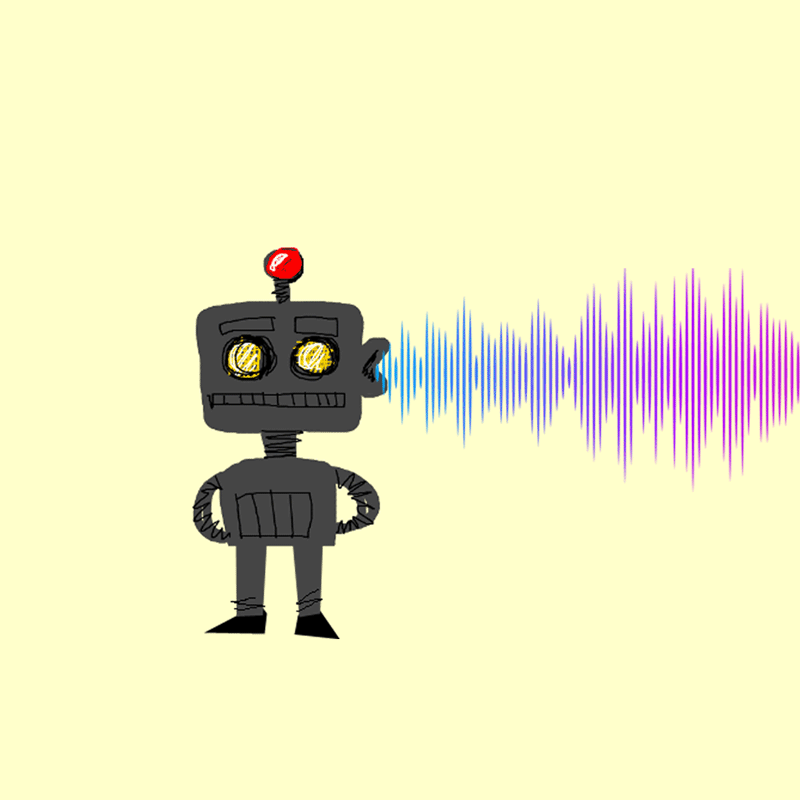
Deepfakes can create convincing fake images. But what if a similar technology is used to put someone else's voice?
From Atlanta, the capital of the U.S. state of Georgia, Brandon Thomas started a project during this 'COVID-19' coronavirus pandemic, where he uses AI to impersonate famous people's voices.
Using CMUdict lookup with more than 140,000 entries as training materials, Thomas uses his and Linda Johnson's voice, and made the AI he calls Vocodes to put famous people's voices layered on top of them.
According Thomas on Vocodes' About page:
In an example below, the AI is made to impersonate the voice of Microsoft's co-founder Bill Gates
Voice cloning is the creation of an artificial simulation of a person’s voice. In this case, Vocodes can impersonate the voices of many famous figures.
From the English broadcaster and natural historian Sir David Attenborough, American astrophysicist Neil deGrasse Tyson, American television host Larry King, Austrian-American actor Arnold Schwarzenegger, American television actor J. K. Simmons, American actor Danny DeVito, British actress Judi Dench, and many more.
While the quality of the voices vary, the difference between the real and fake voice can be imperceptible to an average person.
This kind of technology started when computers started synthesizing voices using what it's called Text-to-Speech (TTS). This decades-old technology is able to convert text into synthetic speech, enabling voice to be used for computer-human interaction.
Another way of saying it, voice cloning technology has been out in public for quite some times.
Vocodes here was built on top of that. But by using AI, Thomas made it better.
This kind of technology is rapidly growing, as many researchers, developers and users are conducting and publishing their own models on this topic.
People have been using voice cloning software to replicate their own words, in many ways possible. Many have even made voices of all sorts of public figures, with convincing results, and posted them on the web, YouTube, and other social media networks.
"People everywhere have access to this easy-to-use technology. State actors probably have even more sophisticated versions available," wrote Thomas.
"This is kind of like Photoshop when it first came out. It's impressive, maybe a little scary, but it's about to become the new norm."
"All voices have the same fundamental behavior and representation and only vary in a few parameters," added Thomas.
Voice cloning is the next step beyond image deepfakes that started on Reddit, and came alongside video deepfakes that frequently made news headlines.
With the advancing AI and deep learning, synthetic speed is going nowhere and better.
While this kind of technology has the ability to fool people, and swing their views about something, it should be noted that Vocodes and most other similar deepfake-like technology are not created for the purpose of fraud of deception.